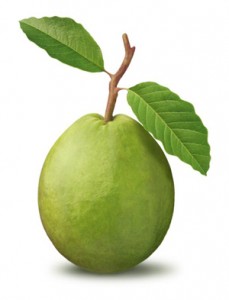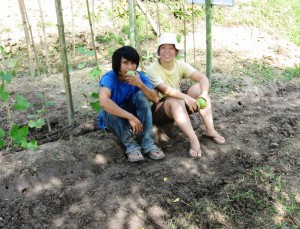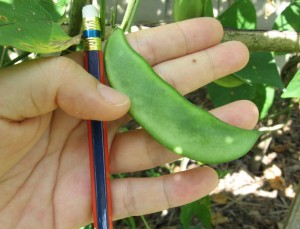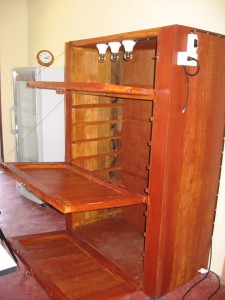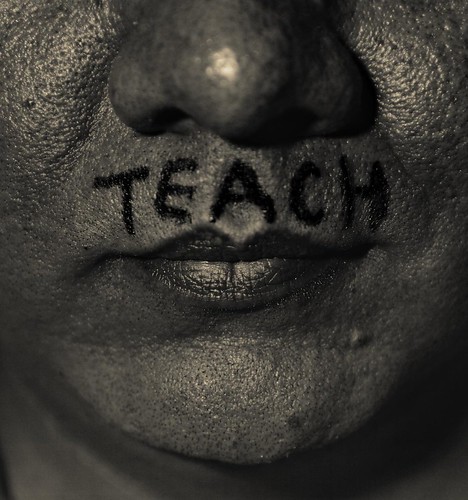
Recently, sildenafil a foreign student came to stay at UHDP for a short time and formed a closer than normal relationship with a staff member, who already had a sweetheart. Â Eyebrows were raised, whispers whispered. This isn’t abnormal when living and working abroad – attractions and bonds are formed, the idea of being in a relationship is danced around and some people enter into them. Â However, the balance of power is distinctly different when a foreigner bonds with a local person who doesn’t share the same worldview or life experiences or have access to money and opportunities.
As a foreigner with higher education and a mosiac of life experiences, I immediately experienced a strange tension with my friends up-country when I started living there last year. Â Reflecting back, I admit to a rather naive and idealistic perspective, believing that my altruistic motives of “being part of the culture” and “helping other people”, would be transparent and enough of a good foundation to build bridges in our relationships. Â Within a year, what seemed like petty (to my ears) remarks of “Oh all you farangs are rich” or “Wow, you have so much food in your cupboard” etc., began to grate on me. Â I had intentionally avoided buying and eating Western food regularly; I learned how to use local ingredients and to cook local dishes; I learned how to navigate local modes of transportation; I was speaking Thai. Â I was attempting to disappear into the culture and not be singled out as farang (hmmm…self-delusion is a warm and cozy cocoon).
All the while, my friends and co-workers were cognizant of me holding the “upper hand”. Â I was rich because I could afford to fly in and out of Thailand (I kept protesting that back in Canada I am as poor as a church mouse). Â I was smart because I had a master’s degree (I have always been ambivalent about that). Â Being Canadian, I have had privileges and opportunities available to me since birth that my friends will never come close to because they are ethnic minorities without rights in Thai culture. Â I was not even involved romantically with anyone there – these were tensions I felt everyday in platonic and some, work-related, relationships. Â I have the power to enter and leave their lives at will, according to my preferences, and it’s taken me a while to define the differences between us as that, and to start seeing myself through my friends’ eyes.
There are perils to being ignorant of holding the balance of power, especially as building trusting relationships cross-culturally is deliberate, exhausting effort. Â People’s lives, worldviews and, potentially, reputations are affected by how I act and treat them. Â It is increasingly difficult to accept ignorance as an excuse, regardless of my goodwill and altruistic motivations, and it’s my prayer that my eyes are continually being opened.

![]() This Thanksgiving season, help I’m thankful for:
This Thanksgiving season, help I’m thankful for:

